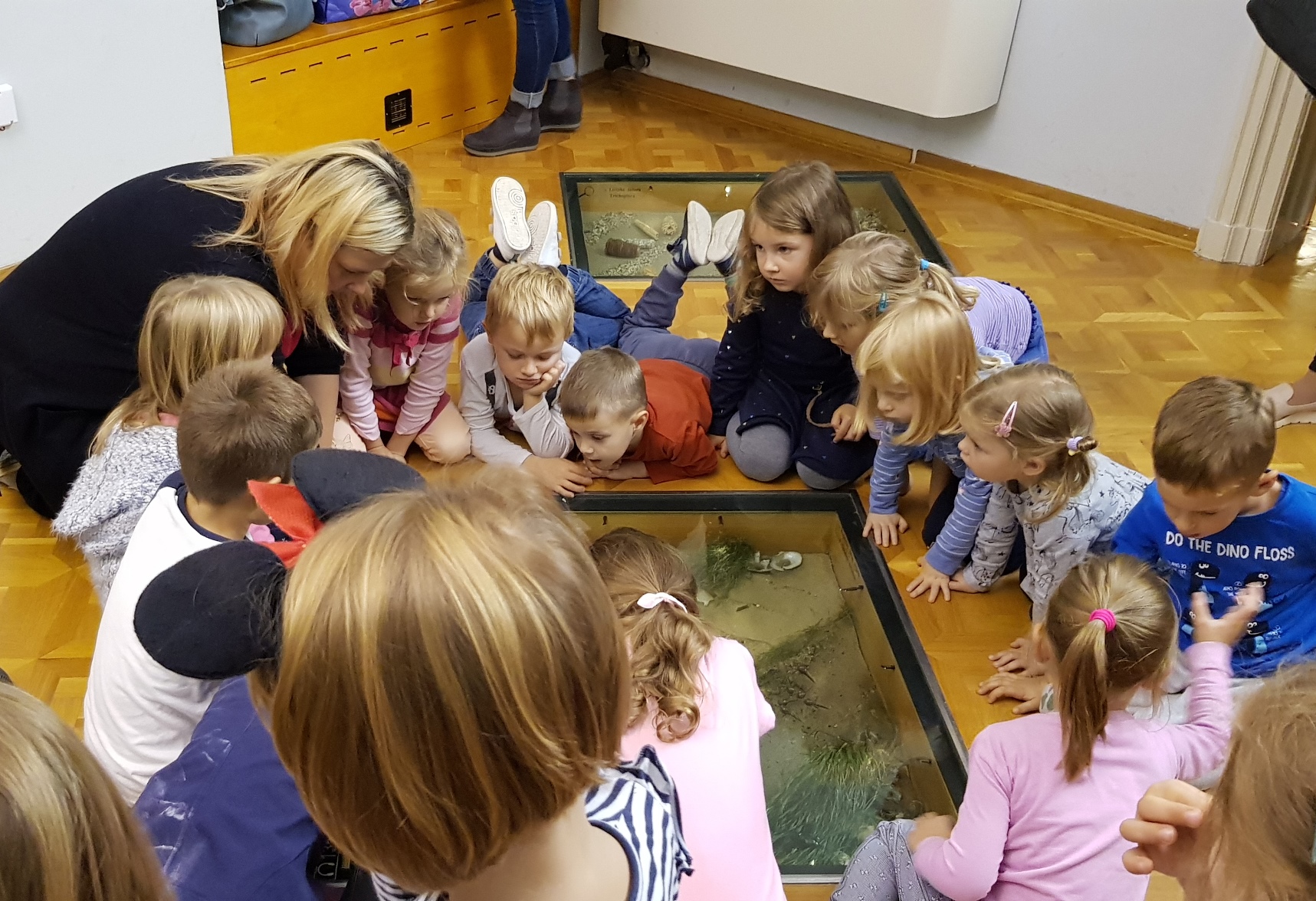
Topic(s) addressed
This project addressed building a positive school climate through tackling inclusion, participation, and cooperation. It also explores fostering children’s development and examines the role and cooperation of teachers. Finally, it considers facilitating quality early childhood education environments.
Target group(s)
The target groups were 127 teachers and other school staff, 650 children aged 3 to 8 years old, and their parents and families.
Methodologies
The project identified and developed innovative strategies, spaces, equipment, and methodologies to promote quality learning and inclusion. Each partner organised events at local institutions, which were aimed at involving parents, researchers and the public. Activity reports were presented and evaluated by a multidisciplinary team within the framework of the project's principles. The results were shared through Twinspace, refined by the partners, and published.
Innovation environment
The project fostered innovative and integrated educational approaches that promote children’s social interactions and their overall development. This included intersubjectivity and collaborative group learning. The principal idea was that all children benefit from shared educational spaces which form the foundation of an innovative and inclusive educational environment. The potential for collaborative learning opportunities was a prominent feature of this project. The direct participation of school management ensures the expansion and sustainability of the project.
Teachers’ role
Teacher and staff training were vital in the course of the project development and training sessions were held during the exchanges. The inclusion of psychologists, therapists, and specialised teachers ensured a multidisciplinary analysis. Examples of the teachers’ role in this project include the online Transnational Seminar and the chapter of the eBook dedicated to the adaptation of the various strategies.
Impact and output
This project increased teachers' ability to work with children with and without special educational needs. The quality of the children’s personal and social skills was improved as well as the conditions for children with special needs. The quality of the educational environments and the children’s wellbeing in kindergartens improved. This project also increased the knowledge of inclusive educational practices in partner countries. Finally, parents and the local community were involved which yielded positive results and improved of local policies.
Video
- Reference
- 2019-1-PT01-KA229-061161
- Project locations
- Portugal
- Project category
- Early childhood education and care
- Project year
- 2024
Stakeholders
Coordinators
Agrupamento de Escolas de Valadares
- Address
- Portugal
Participants
Djecji vrtic Djecji svijet
- Address
- Croatia
1st Special Nursery School of Patras
- Address
- Greece
Instituto Compreensivo BONSEGNA-TONIOLO
- Address
- Italy
OS Velika Nedelja
- Address
- Slovenia
